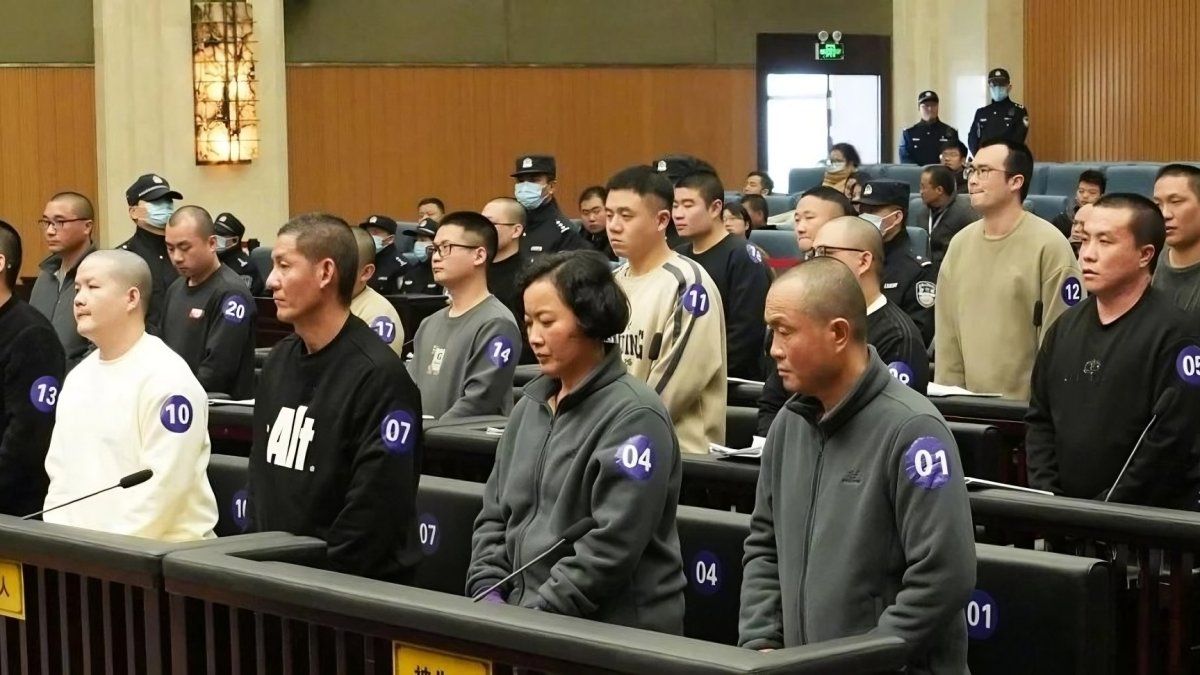Germany continues to show a high willingness to help refugees, especially women from Ukraine. There are differences in solidarity according to religion.
Despite the bottlenecks that occur in some places in the accommodation and care of refugees, solidarity with refugees in Germany is still relatively high.
The willingness to help women from Ukraine is particularly high, as a representative survey commissioned by the Advisory Council on Integration and Migration (SVR) shows. If the refugees are men and come from Syria or Nigeria, the willingness to help is somewhat lower.
Differences in solidarity by religion
According to the survey, Christian refugees are shown somewhat more solidarity than Muslims. For example, around 66 percent of the participants in the survey were willing to accompany Christian refugees on visits to the authorities. Almost 63 percent of respondents would do this for Muslim refugees. According to the SVR study, refugees who want to stay in Germany permanently can expect less support from volunteers than those who intend to return to their homeland.
“The willingness to help women from Ukraine is a good 8 percentage points higher than that toward men from Syria,” says the published analysis. For the study, the respondents were presented with so-called vignettes – short profiles of refugees – which differed in various aspects such as the country of origin (Ukraine, Nigeria, Syria), religion or gender.
Level of education and attitude towards refugees
According to the SVR, those interviewed who viewed themselves as left-wing or more left-wing were helpful towards all three groups of origin mentioned. Respondents who are politically centre-right, right-wing or right-wing were generally less willing to help refugees. They also made a stronger distinction between Ukrainian refugees on the one hand and refugees from Syria or Nigeria on the other.
According to the study, the level of education of the refugees also plays a role in their attitude towards refugees. In the case of refugees with a university degree, more than 70 percent of respondents would support permanent protection status. With regard to refugees who have not completed their training, 55 percent of the participants in the survey were in favor of it.
Source: Stern
I have been working in the news industry for over 6 years, first as a reporter and now as an editor. I have covered politics extensively, and my work has appeared in major newspapers and online news outlets around the world. In addition to my writing, I also contribute regularly to 24 Hours World.




